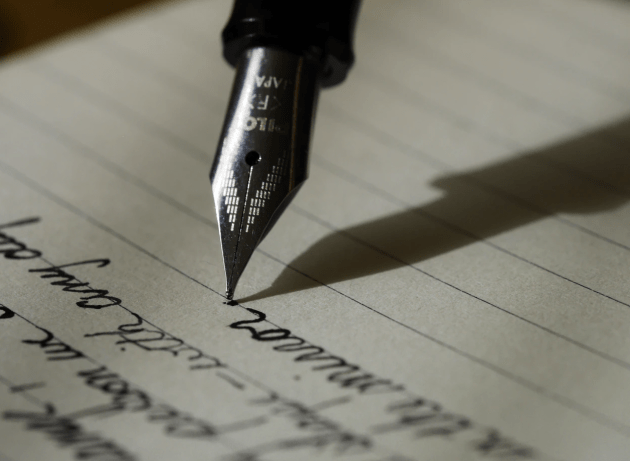solderdude
Grand Contributor
perhaps they do know, but are not inclined to say so.
All famous designers and high-end designers know it too but keep it to themselves in order to sell products that sound better than those of any competitors.
These competitors, of course, also posses knowledge but use slightly different ones. You know, just to be different, to use different components or to not shamelessly copy 'ideas' of other designers. They all know the secrets to ultimate sound quality.
Some prefer NOT to use coupling caps, some purposely use them to 'create a house sound', some use specific brands and types, other find DC-servo is the way to go.
Oh I know they know and know what they know too. But... I am just not inclined to say so and let others figure it out for themselves too why spill the beans... I had to find it out for myself too... why share that knowledge.

